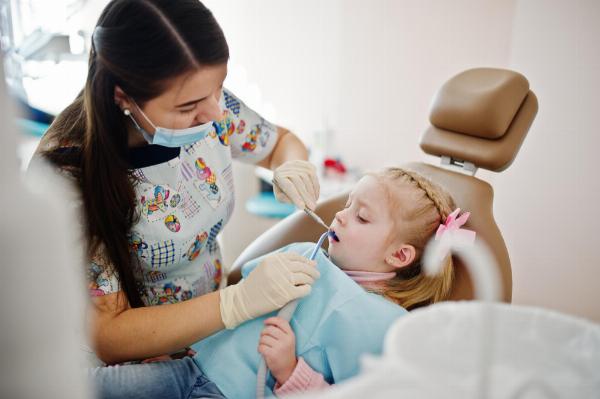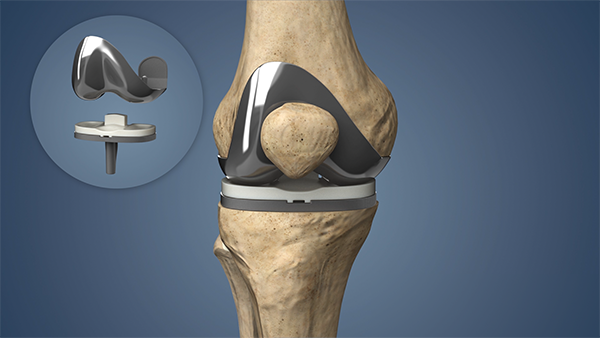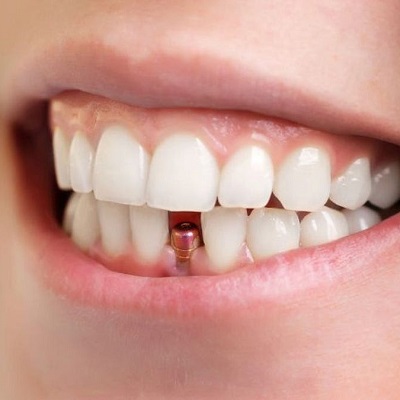Preventive Techniques in Pediatric Dentistry

Strong 8k brings an ultra-HD IPTV experience to your living room and your pocket.
Pediatric dentistry is the most needed yet frequently neglected service in the field of dentistry. Most people believe that milk teeth do not hold any importance, as permanent teeth will eventually replace them. Little do they know that milk teeth act as the foundation for permanent teeth and overall oral health in adulthood. Ignored diseased teeth may affect the entire masticatory apparatus, which can lead to future complications.
Hence, dentistry for children is an important tool in building a healthy smile, and it should begin as early as the child reaches 6 months of age. Pediatric dentists specialize in taking care of milk teeth and young permanent teeth, providing guidance, and educating parents about the maintenance of good oral hygiene practices in their children.
Common Diseases Affecting Milk Teeth
Gingivitis: as soon as the teeth start erupting in the oral cavity, maintaining good oral hygiene is mandatory. Gingivitis is the disease of gum tissue that arises because of improper brushing and leads to swollen, puffy, bright red, and bleeding on the slightest provocation.
Caries: milk teeth are susceptible to cavities, because of their structure and the child’s eating habits. Caries in children are highly destructive and spread rapidly to entire teeth, which can lead to premature loss of teeth and is referred to as nursing bottle caries. Prolonged bottle feeding contributes largely to tooth decay.
Misalignment of Permanent Teeth: Milk teeth retain the space for the permanent teeth. Premature loss of milk teeth leads to the eruption of permanent teeth from unusual spaces, which disturbs the alignment of permanent teeth in adults.
Bad Oral Habits: the child may develop oral habits that are more devastating for the oral health and structures. Thumb sucking, mouth breathing, teeth grinding, etc. such habits interfere with proper growth and misalign the permanent teeth.
Types of Preventive Dental Treatments for Children
Certain preventive dental treatments for ensuring the good health of the milk teeth and young permanent teeth are included in dentistry for children. Dentist at New Prague focuses on preventive treatments and prophylactic risk assessment of caries and periodontal health to prevent the development of disease.
Preventive Techniques Employed in Dentistry are:
Fluoride Application:
Fluoride application is the most effective method for protection from tooth decay. Professional application of fluoride at dental clinic, not only prevents but also inhibits and reverses tooth decay. The use of fluoride toothpaste is indicated after the eruption of the first tooth in the mouth. However, fluoride intake should be optimal, not excessive, and thus parents must not let their kids swallow the fluoride toothpaste.
Application of fluoride varnish is recommended by dentists for better and safe results.
Dental Sealants:
Permanent molars have pits and grooves on top of the tooth to help in chewing and grinding food. However, they are also sensitive to food lodgment, which can lead to tooth decay. That is why it is advised to visit a dental clinic for pit and fissure sealant application.
Pit and fissure sealants are plastic coatings that protect the pits and grooves from decay.
Regular Teeth Cleanings:
Professional cleanings lower the risk of caries development and also gum diseases. To keep your teeth and jawbone in good condition, it is recommended to get dental cleanings every six months.
Space Maintainers:
Space maintainers are appliances used to keep the space for a permanent tooth if the deciduous tooth is lost prematurely. It takes a little time for the child to adjust to the appliance, but it is necessary to prevent malocclusion in the later years.
Night/Mouth Guards and Therapy for Bad Oral Habits:
For destructive habits such as teeth clenching and grinding, night guards must be used. To protect the child from injury, custom-made mouthguards are also available as a preventive measure to avoid trauma to young teeth. Other habits such as mouth breathing and thumb sucking can be stopped by therapies and parental supervision.
Anticipatory Guidance and Diet Counseling to Parents:
Anticipatory guidance is a proactive counseling technique that focuses on dental needs at every stage. It includes guiding parents about the oral hygiene practices for children, eating habits, and disease and injury prevention at each stage from infancy to teenage years. Parents are advised to supervise toothbrushing and oral hygiene practices until the age of 8.
Conclusion:
Maintaining dental health in a child is essential for maintaining overall health. Giving dental care to the child at the right time is vital for building a confident and bright future.
Note: IndiBlogHub features both user-submitted and editorial content. We do not verify third-party contributions. Read our Disclaimer and Privacy Policyfor details.







